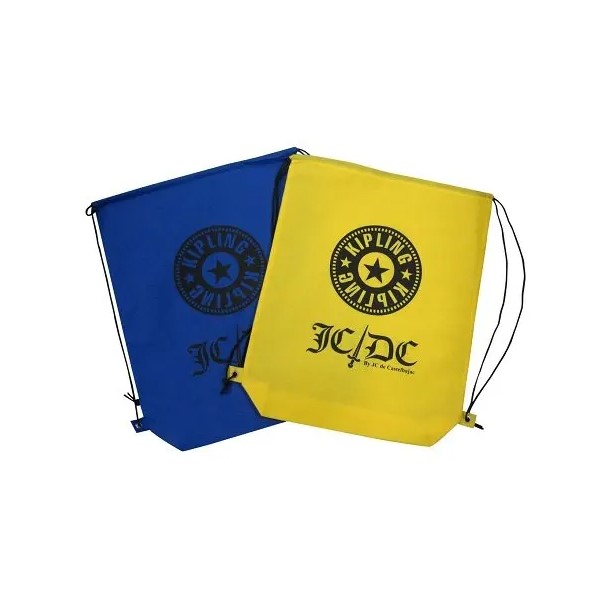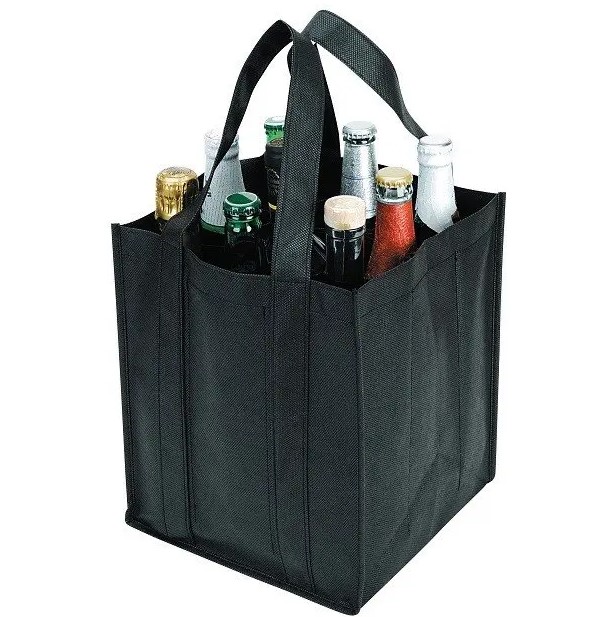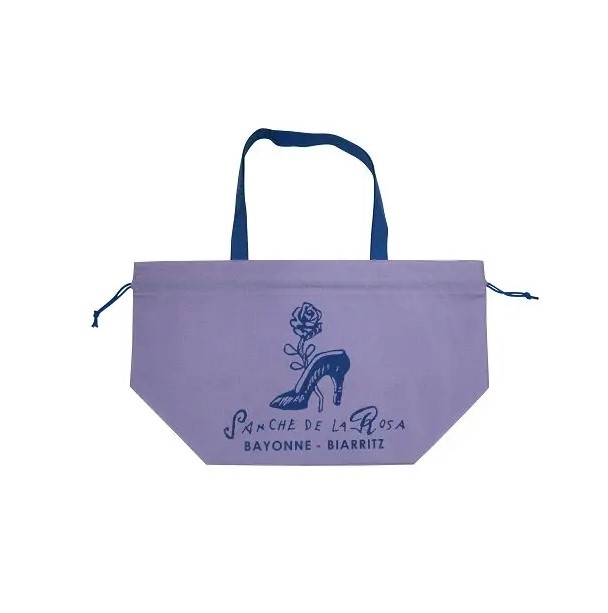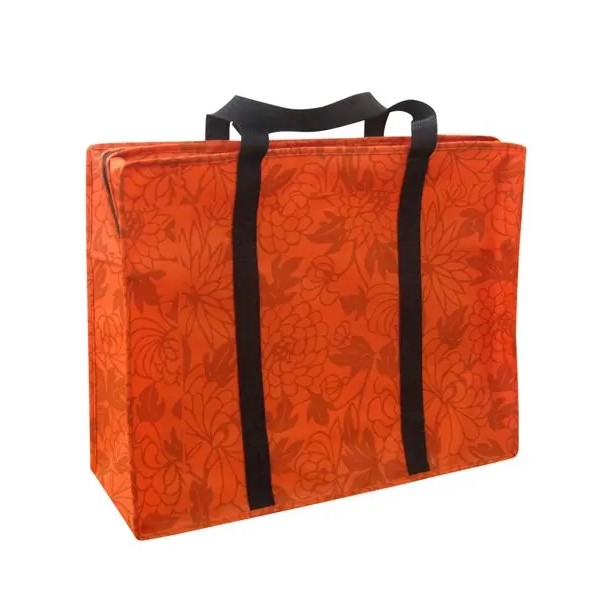In recent years, the globe has seen a dramatic change toward environmentally friendly behaviors and goods. Nonwoven bags have developed as a popular option in this context, providing an environmentally friendly alternative to typical plastic bags. These bags are made from a variety of fibers bonded together through mechanical, chemical, or thermal processes. As eco-consciousness continues to rise, it becomes crucial to explore the four key properties that make nonwoven bags a sustainable and practical choice for consumers and businesses alike.
Cost-effectiveness And Long-term Savings
Though nonwoven bags might have a slightly higher initial cost than traditional plastic bags, their durability, and reusability more than compensate for it in the long run. When compared to single-use plastic bags, which must be replaced often, nonwoven bags may be used hundreds of times. As a result, customers save money by not having to buy new bags on a regular basis, while companies can save money on bag procurement for promotional events or retail reasons.

Lightweight And User-friendly
Nonwoven bags are remarkably lightweight, adding to their user-friendliness. Unlike bulky and cumbersome reusable bags made of other materials, nonwoven bags are easy to carry and store. Their compactness makes them ideal for on-the-go individuals, as they can be folded and kept in a purse or pocket, ready for use whenever needed. This convenience encourages people to keep nonwoven bags handy and opt for them spontaneously, reducing reliance on single-use plastic bags.
Resistance To Mold And Mildew
Nonwoven bags are made with fibers that inherently resist mold and mildew development. This property ensures that the bags remain hygienic and safe for carrying groceries, even in humid or damp conditions. Plastic bags, on the other hand, are prone to trapping moisture, leading to mold formation and potential health hazards. By using nonwoven bags, consumers can have peace of mind knowing that their food and belongings remain clean and uncontaminated.

Biodegradable And Compostable Options
Beyond the standard nonwoven bags made from polypropylene, there are biodegradable and compostable alternatives available. These bags are manufactured using plant-based fibers such as cornstarch or jute, making them fully biodegradable and compostable under the right conditions. Nonwoven biodegradable bags degrade naturally into harmless chemicals, leaving no trace of microplastics or harmful residues. Composting them adds to the soil's enrichment, resulting in a closed-loop mechanism that helps the environment.

Contribution To Corporate Social Responsibility
For businesses, using nonwoven bags aligns with the principles of Corporate Social Responsibility. Employing eco-friendly and sustainable packaging solutions demonstrates a commitment to environmental protection and community well-being. Consumers are increasingly appreciative of businesses that demonstrate real care for the environment, and adopting nonwoven bags into company procedures may boost a brand's reputation and attract eco-conscious customers.
Conclusion
The exceptional properties of nonwoven bags make them a compelling choice in the fight against plastic pollution and environmental degradation. These bags provide a variety of benefits that cater to the demands of both consumers and companies, ranging from eco-friendliness and durability to customizability and mold resistance.
If you are looking for a trusted non woven bag manufacturer, look no further than Neway! We offer a wide range of shopping bags including non woven bags. Contact us for more product details now!

